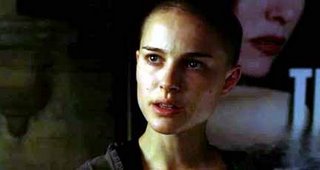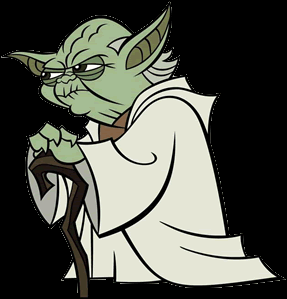
More than a dozen years ago a British friend of mine told me the story of Guy Fawkes. A revolutionary, idealist, demolitions enthusiast, and terrorist all rolled into one and canonized in England for the act of attempting to blow up Parliament. (Not to be confused with the act of offering George Clinton an eight-ball, this guy was actually carrying gunpowder with the intent to detonate it beneath the Houses of Parliament and assassinate King James I.)
The film, “V for Vendetta”, comes to us not only as a reminder of the value of well-intentioned protest (and yes, even a bit of terrorism,) but of the evils of sacrificing freedoms for the sake of ‘security’. It also strives to demonstrate just how difficult and costly it might be to regain those freedoms.
Set in a neither distant nor farfetched future, questionable wars (begun by the United States,) swarms of vice, and plagues of disease have destabilized the calm tea-times of the British soul. An opportunistic bureaucrat, played with venom and unblinking, vein-popping, precision by John Hurt (in a stroke of deeply ironic casting,) has risen to power on a platform of security that is supported by fear, hate, religious zealotry, media control and a healthy curfew. Unfortunately, for him (but most helpful to the plot of the film,) he’s made an enemy on the way up: a man known only as ‘V’. Inspired by the Count of Monte Christo and the notorious Guy Fawkes, ‘V’ rises from the darkness to rescue Natalie Portman and the British rabble from the grips of fear and tyranny (and bad television.)

A movie whose protagonist is a terrorist might seem inappropriate in these troubled times. But, those who see the film and give it the slightest bit of thought will recognize that it is posing an important question. Who is really engaging in terrorism: the government that distributes mis-information, acts against its citizens and controls them with an iron hand and the cold ropes of fear; or those who stand up and, through any means necessary, shine a revealing light into the dark, undisclosed locations where that government hides its most desperate secrets?
Rolling over and playing dead is a game for dogs. All Americans owe it to themselves to see this film.
“Hold on,” I hear you say, “all that high-minded, well-intentioned stuff is well and good but is the movie actually worth my cash?”
I’d have to say, “Yes.”
On all of the major points It makes a strong showing. Based on characters from a graphic novel (Don’t let that scare you off. This is no Sin City.), the screenplay was penned by The Matrix writers, directors, and brothers, Andy and Larry Wachowski. Yielding the director’s chair to James McTeigue (who has finally made the jump up to the center seat after more than a decade of assistant-directing such films as the Matrix trilogy, Star Wars Ep. II, and Street Fighter) the Brothers Wachowski (who also produced) might would be batting with a perfect record were it not for those Matrix sequels. The script is intelligent, entertaining and carries significant meat for the actors to get their teeth into.

Portman comes in looking sweet and goes out looking hardened in a role that nearly redeems her over-melodramatic Star Wars performances. BBC go-to-guy, Stephen Fry also turns in a terrific supporting performance which will probably go tragically unnoticed by all award-giving organizations. Let me be the first to note that this man does excellent work in his brief time on the screen. Also on screen and far easier to not notice is Hugo Weaving. Despite constant screen time, unless you read the credits, you might not realize that he is the man behind the mask as ‘V’. His performance is all in the speeches and physicality and he carries it off delightfully.
All of this is filtered through excellent cinematography by the late Adrian Biddle who passed just days before the film premiered. In a film class I took, many years ago, we were given the opportunity to watch a film by Antonioni entitled “Professione: reporter“. But we watched it without sound and were asked, at several points to describe what we believed to be happening in the film. Most in the class were not far from the mark. Naturally, the fine details were lost without dialog but this, we decided, was a hallmark of good film making. “V for Vendetta” is one that, I suspect, would pass this test.





